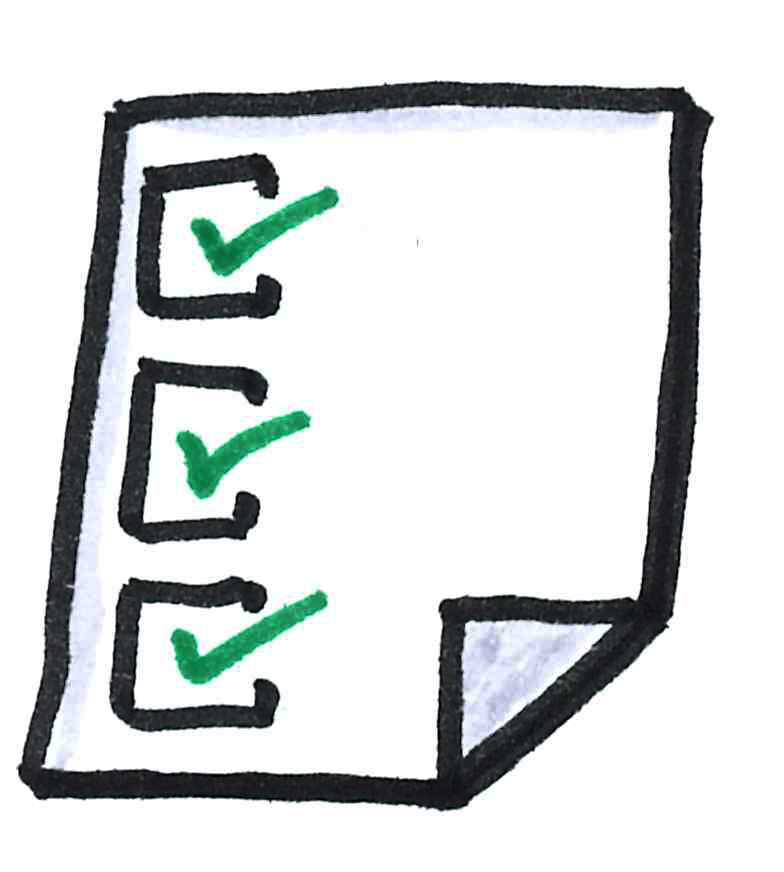Chapter 7
Reminder: This year I'm in a book study focusing on Regie Routman's Read, Write, Lead with literacy specialists. I'm reflecting on them here. The ASCD created a study guide with thought-provoking questions. We were encouraged either to choose one question from guide and react, or to choose a resonating quote and explain why it struck us. I'd love to hear your thoughts!
"Discuss ways that you are encouraging students and teachers to become self-determining learners and why that matters."Most of my lessons begin with some tiny speech about how "we're going to do hard things, you're going to make mistakes, and that's GREAT because it's the only way to grow your brain." Growth mindset fostering is my number two goal. My number one goal is to love my kiddos and make sure they know it.
With that comes the expectation that things are going to hurt in order for them to grow. It will get worse before it gets better, and if that happens, you're on the right track. My goal in doing this is to allow my kiddos to see struggle as a signpost for motivation, perpetuating their self-determination.
In general, I don't engage in gossip or complaining in my school environment. I try to encourage as much positive thinking as possible and often reword a teacher's complaint to focus on the silver-lining. Hopefully I don't come off as a judgemental Pollyanna....
I've also decided to create a bulletin board in the office hallway called "Overheard." The goal is for teachers to write and post quotes from their teammates that shows their passion for this art form we call teaching!



